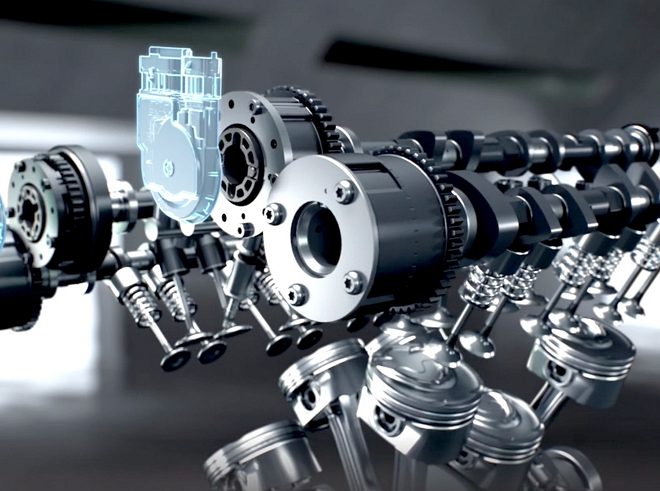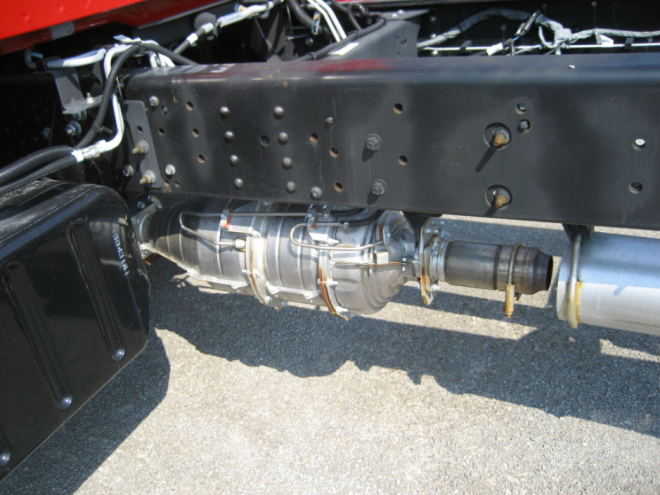
Vehicle Longevity: Essential Maintenance Tips for Car Owners
Key Takeaways:
- Timely maintenance tasks are crucial for extending vehicle lifespan.
- Knowing the signs of wear and when to seek professional help can save time and money.
- Scheduled servicing and using quality parts, such as those from Advance Auto Parts, contribute to vehicle health.
Table of Contents:
- The Essence of Oil Changes
- Brake System Maintenance
- Battery Care and Replacement
- Tire Care and Rotation
- Fluids Checks and Balances
- Importance of Air Filters
- Belts and Hoses Inspections
- Keeping Up with Scheduled Services
- The Diagnostic Power of Warning Lights
- Working with Trusted Mechanics
The Essence of Oil Changes
Oil lubricates moving parts, acting as a protective bloodstream for a car’s engine, reducing friction and preventing overheating. It’s crucial to replace engine oil and filters at intervals recommended by the vehicle manufacturer or based on your vehicle’s usage patterns. High-quality motor oil keeps engines clean and running efficiently while also dealing with by-products of combustion like acids and moisture. Many drivers must know that superior oil quality can significantly affect how engines wear over time. Refer to your car’s manual or consult a trusted shop for the best oil suited to your vehicle’s needs.
Brake System Maintenance
Ensuring your car’s brakes are regularly checked and maintained is not just a matter of performance but a core safety concern. The braking system comprises several parts, such as calipers, rotors, and pads, which cooperate to stop your car. These parts deteriorate with time and can require replacement. Tell-tale signs of worn brake components include squealing noises, a spongy brake pedal, and a vehicle that pulls to the side when braking. Consider turning to Advance Auto Parts for support for automotive needs and parts. Regular maintenance and careful attention to any changes in braking performance can prevent accidents.
Battery Care and Replacement
A vehicle’s battery powers everything from the ignition system to the headlights and is vital for reliable operation. Proper care includes keeping the battery and its connections clean to avoid power drainage and corrosion and ensuring the battery is securely mounted to prevent damage from vibrations. Signs that a battery is failing include dimming headlights, slow engine crank, and needing frequent jump-starts. A professional evaluation of your battery’s performance can ascertain whether it is time for a replacement. Proactive battery care and timely replacement are sound practices to avoid being stranded due to a dead battery.
Tire Care and Rotation
Tire health is critical for safe driving. Checking tire pressure regularly is essential because proper inflation ensures optimal contact with the road and extends the life of your tires. Tire rotation should be performed based on the vehicle’s or tire manufacturer’s recommendations. This practice promotes even tread wear, which improves grip and fuel economy and can extend the overall lifespan of the tires. It’s also beneficial to check the wheel alignment periodically, as improper alignment can result in uneven tire wear and handling issues. Regular attention to tire care keeps you safer on the roads and can significantly reduce the need for costly repairs or premature tire replacement.
Fluids Checks and Balances
A vehicle depends on various fluids to maintain its mechanical operations efficiently. These include oil, brake fluid, transmission fluid, power steering fluid, and coolant. Every one of them is essential to efficiently running their systems. For instance, brake fluid transfers the force needed to bring a car to a halt, while coolant prevents engines from overheating. Ignoring the condition and levels of these fluids can lead to various mechanical failures or reduce the efficiency of your vehicle. It’s advisable to check fluids regularly and top them up as needed. Changing these fluids at the recommended intervals can help avoid expensive repairs and keep your vehicle running smoothly for many years.
Importance of Air Filters
Air is vital for fuel combustion in the engine; however, it must be clean to avoid engine contamination. Air filters serve this purpose by trapping pollutants and particulate matter. Over time, air filters can become clogged, which hampers airflow and diminishes engine efficiency. It can also adversely affect fuel economy and engine performance. Checking your air filters during routine oil changes—typically every 12,000 to 15,000 miles—and replacing them as necessary can significantly impact vehicle performance.
Belts and Hoses Inspections
Engine belts and hoses are made of materials that degrade over time. They are essential for various engine functions, such as powering the alternator, air conditioning compressor, and the power steering pump. A snapped belt or burst hose can have immediate and catastrophic effects on your vehicle’s operability. To avoid unexpected failures, these parts should be routinely examined for any indications of wear or damage and replaced as necessary. Regular inspection and timely replacement of belts and hoses are essential preventive measures that can save car owners from roadside emergencies and expensive repairs.
Keeping Up with Scheduled Services
Adhering to your vehicle’s prescribed maintenance schedule is essential. Manufacturers carefully designed these schedules to keep all components functioning correctly and catch issues before they become severe. A well-maintained vehicle is more reliable, performs better, and retains its value longer. Understanding and keeping up with your vehicle’s specific service intervals—including tasks from fluid replacements to system checks—can significantly extend its life and enhance your driving experience.
The Diagnostic Power of Warning Lights
One of the most direct ways your vehicle communicates with you is through dashboard warning lights. These indicators range from the check engine light to the oil pressure warning, and each notifies you of different system statuses and potential issues. For example, a flashing check engine light typically suggests a more urgent problem than one that remains steadily lit. Attending to these warnings promptly can often mean the difference between a minor repair job and a major mechanical failure. Informing yourself of what these lights mean is crucial, and resources such as Consumer Reports can provide invaluable guidance.
Working with Trusted Mechanics
Regarding vehicle repair and maintenance, the expertise of trusted mechanics is indispensable. These professionals can diagnose complex issues, provide tailored advice, and have access to quality parts. Finding a trustworthy mechanic is crucial because it ensures that your automobile will be taken care of with the utmost care and that you will get honest service. They will help you maintain your maintenance schedule and troubleshoot any issues. When needing dependable service and advice, don’t hesitate to tap into the expertise of businesses like Advance Auto Parts.
In conclusion, the path to enhancing the longevity and safety of your vehicle is through diligent maintenance. Each component, from tires to batteries, is crucial to your car’s overall health. You can guarantee smoother, safer driving and save money by avoiding needless repairs by adhering to these maintenance recommendations. A well-kept car is enjoyable to drive and demonstrates responsible automotive ownership. Keeping a regular maintenance schedule and consulting with professionals will contribute immeasurably to your car’s lasting performance.









